


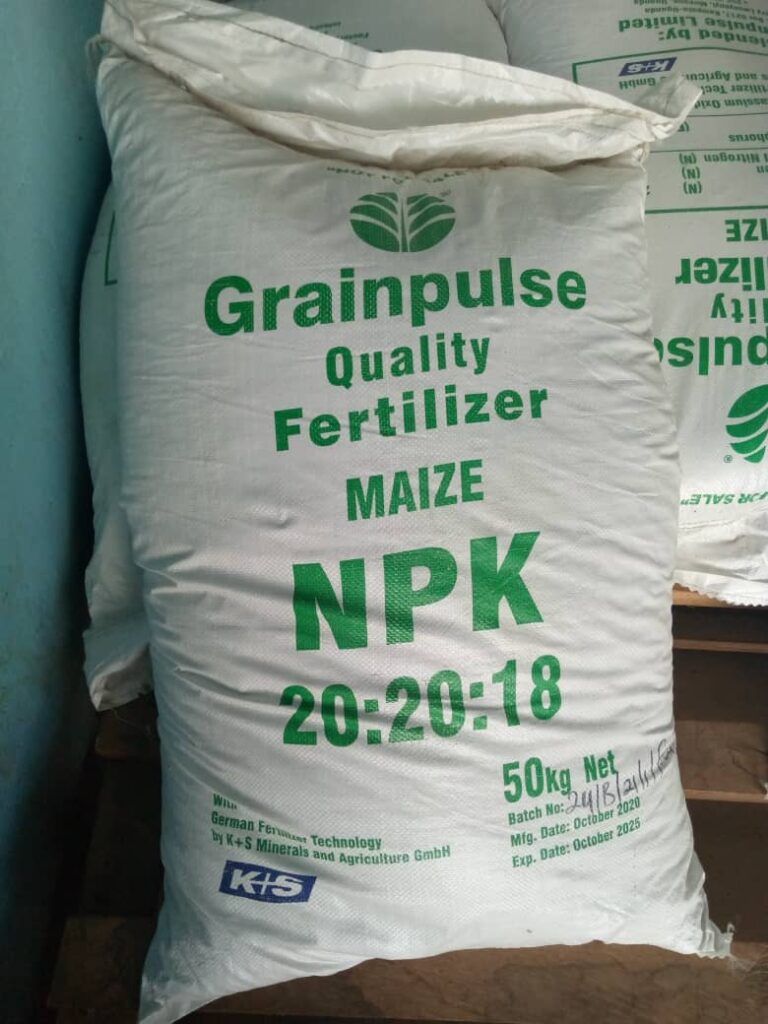
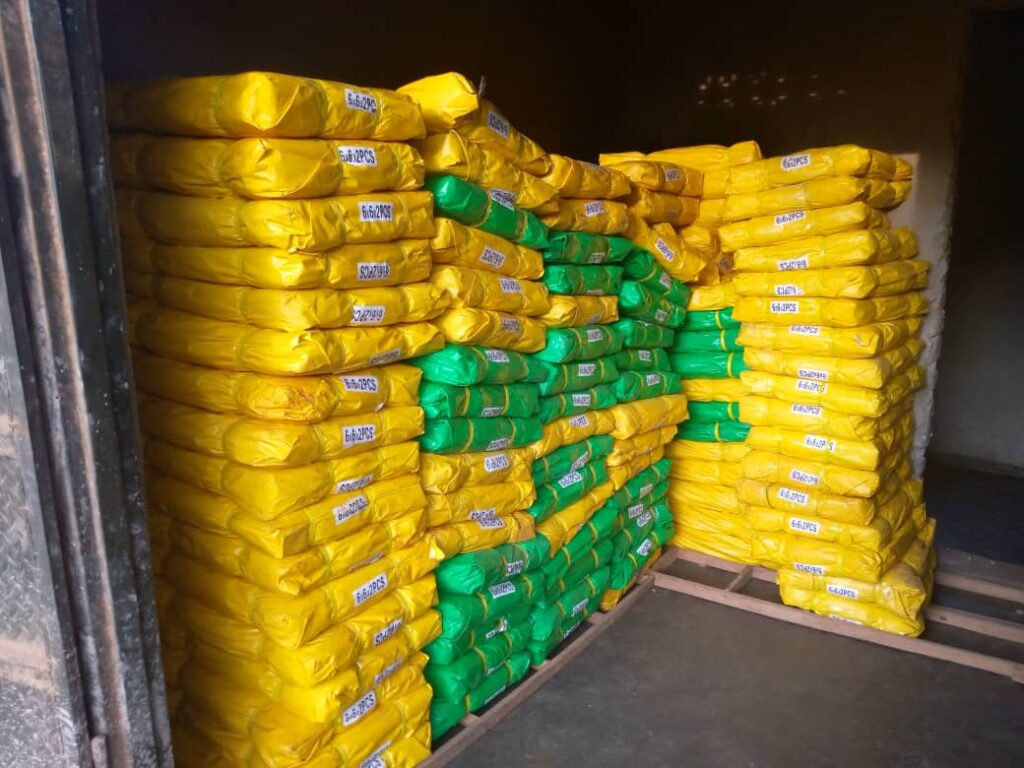
MTL in partnership with ACDP-MAAIF is dributing Post Harvest Equipment such as Tarpaulins to help farmers dry their crops carefully to reduce losses that occur during and after harvest.
When conditions are not suitable for storage or immediate marketing of freshly harvested produce, many crops can be handled using simple technologies. There are many processing methods that can be used by small-scale handlers, including drying.
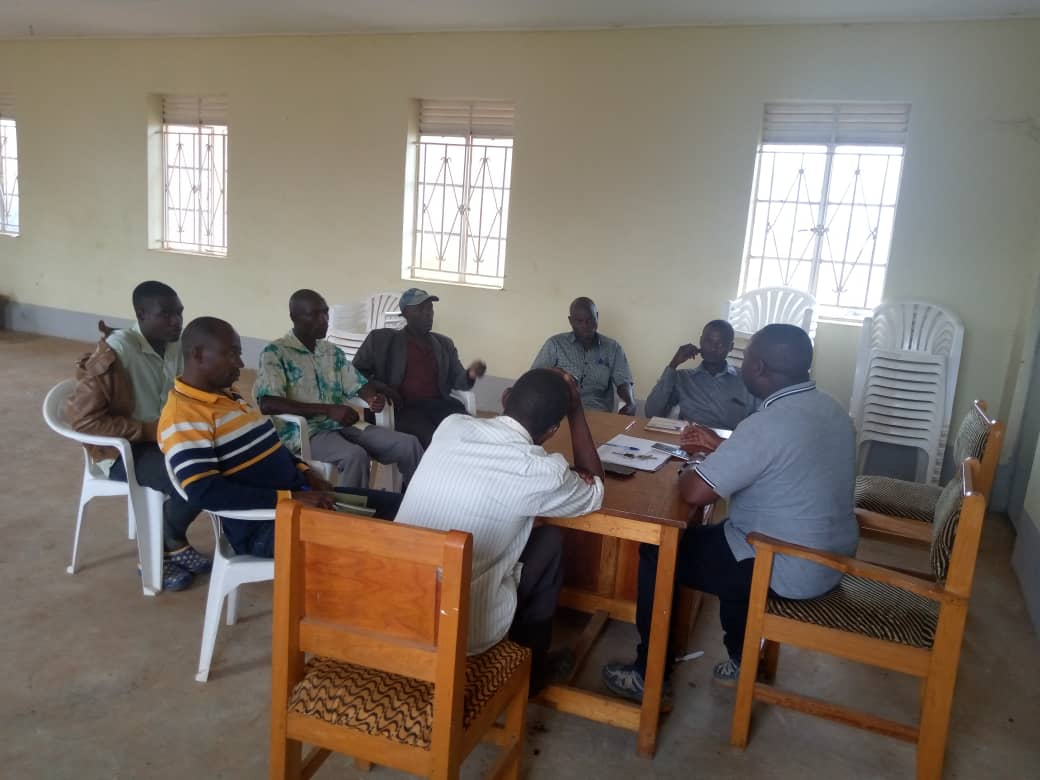
In a bid to carry out a successful project, MTL Managing Director Mr Mbabazi Evaristo is meeting leaders of farmers in different districts to ensure that seeds being distributed reach the targeted farmers. This will facilitate transparency and accountability of the project.
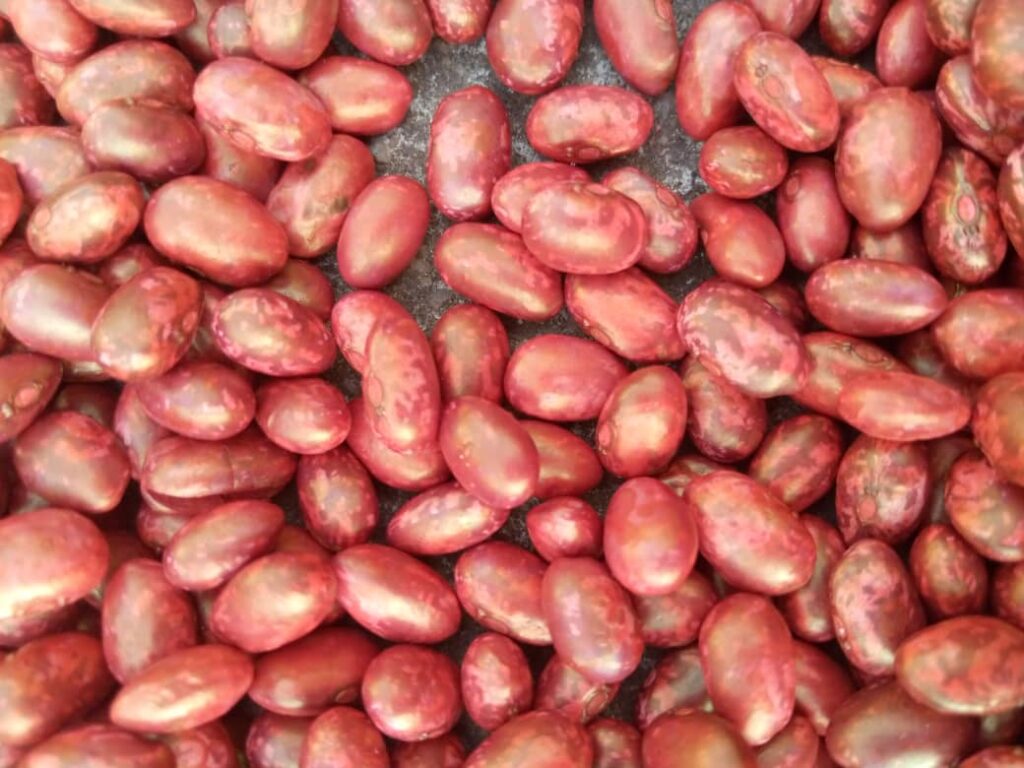
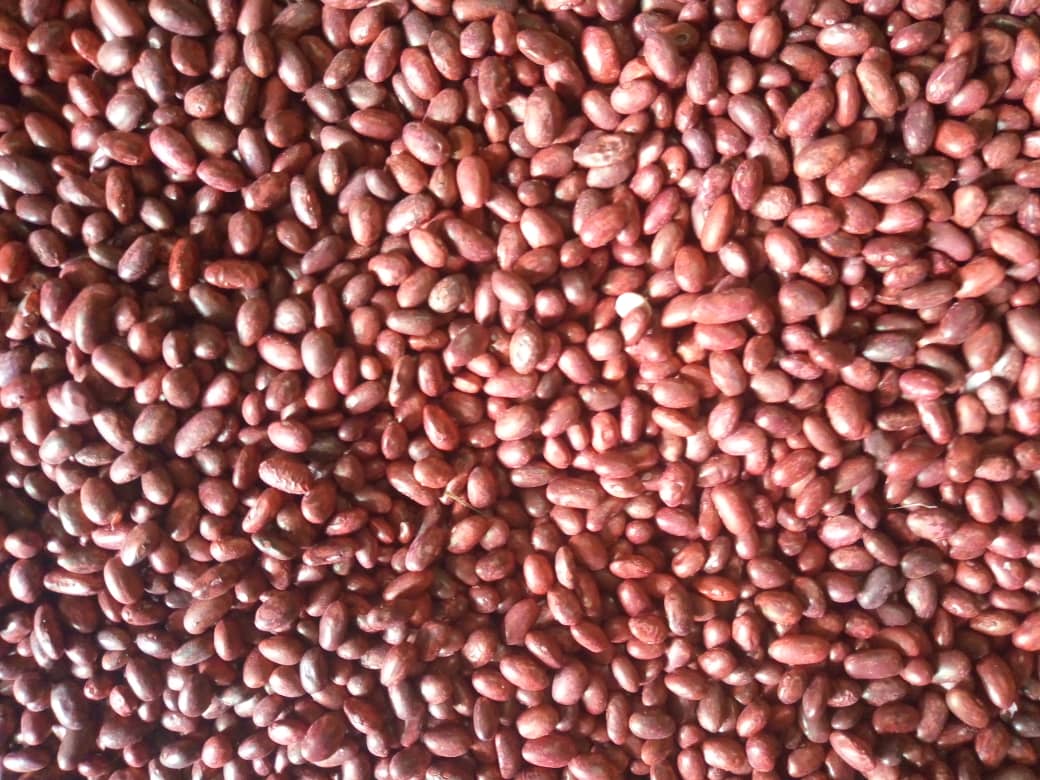
MTL in partnership with ACDP (MAAIF) is now giving out seeds and Post Harvest Equipment to farmers in the districts of Kitagwenda, Kamwenge, Kyegegwa, Kyenjojo, Kakumiro, Kibale,Hoima, Masindi, Kiryandongo, Bugiri, Tororo, Namutumba, Namayingo, Butareja and others. Among the seeds being distributed is Beans and Maize
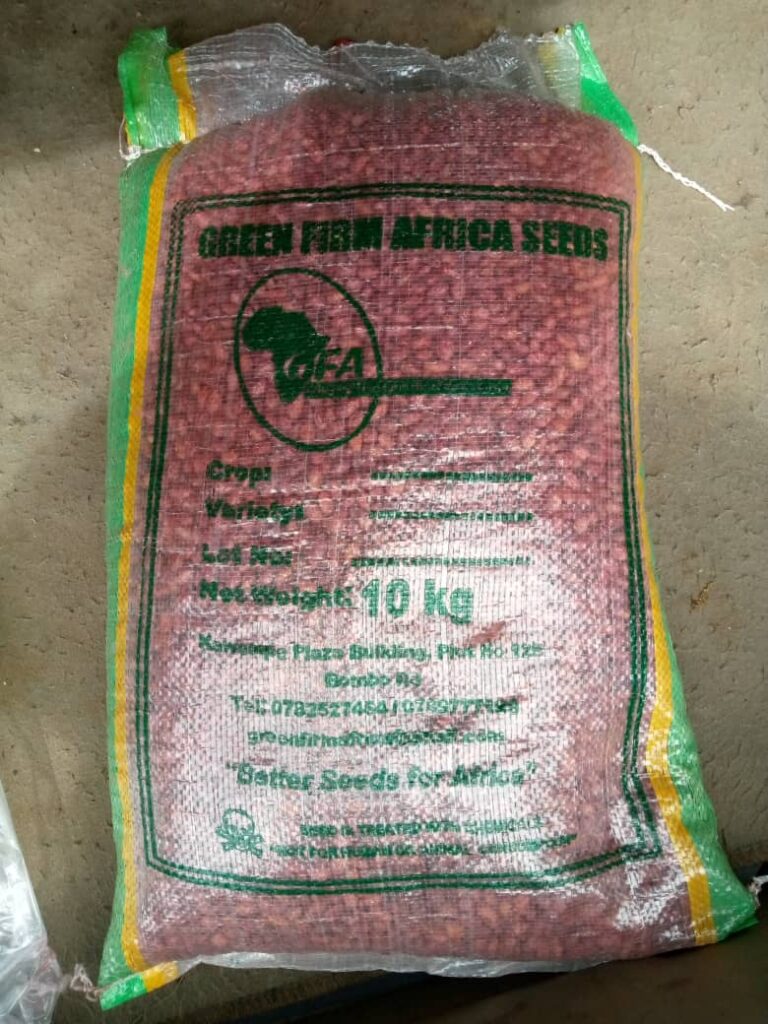
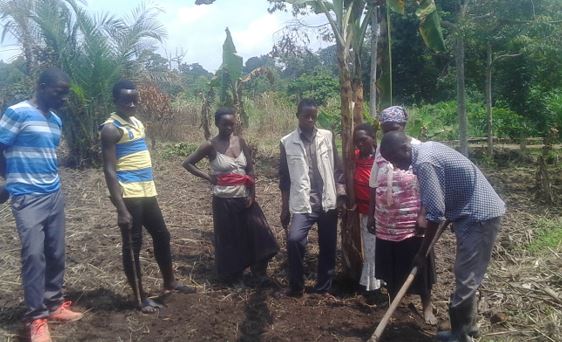
Mr Fred, an Agronomist from Mbeke Traders Ltd, demonstrates Rice Field Preparation, Planting Depth, Spacing Practices during practical hands on training in Kikuube District. Our Agronomists handle all kinds of agricultural projects from small to large high-tech farms with the help farmers to develop and implement practices ensuring economical and environmentally viable operations for the future. They also act as a liaison between the farmer and the crop researchers.
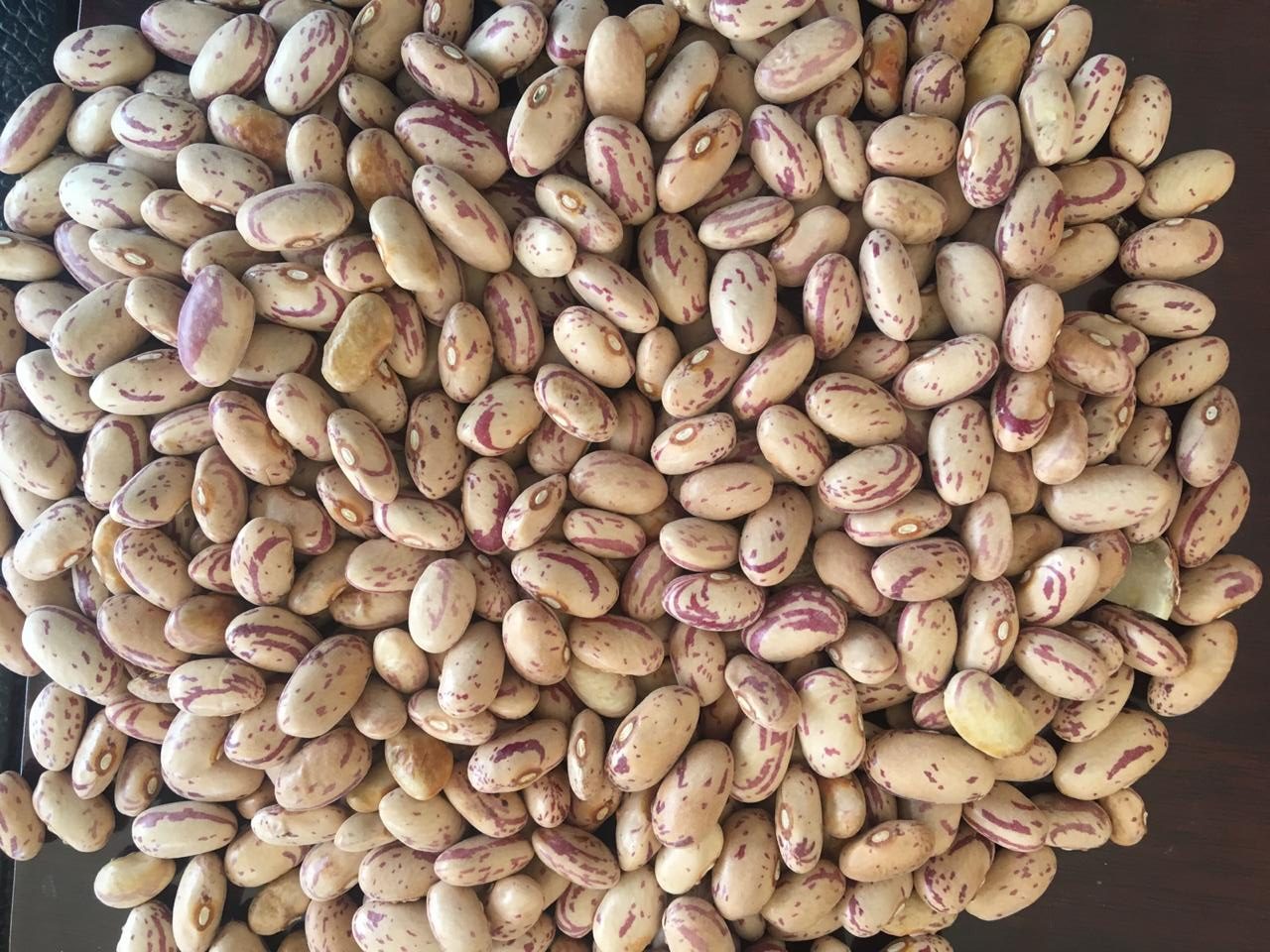
It is beans bulking period! Youth all over the regions are bulking beans. Collections for transportation to our Central Kampala Market begins next Week. Rice is almost ready and some farmers also have started bird scaring. Next season, the projects will be rolled over to other four districts: Hoima, Kikube, Namayingo and Namutamba District. Communities in the mentioned Districts especially youth must contact our field agronomists to ensure they benefit from our services.We shall buy and horde Maize beginning Mid July to supply to WFP, and only traders with quality maize should contact us.
Rice is almost ready and some farmers also have started bird scaring. Next season, the projects will be rolled over to other four districts: Hoima, Kikube, Namayingo and Namutamba District. Communities in the mentioned District especially youth must contact our field agronomists to ensure they benefit from our services.We shall buy and horde Maize beginning with Mid July to supply to WFP and only traders with quality maize should contact us.
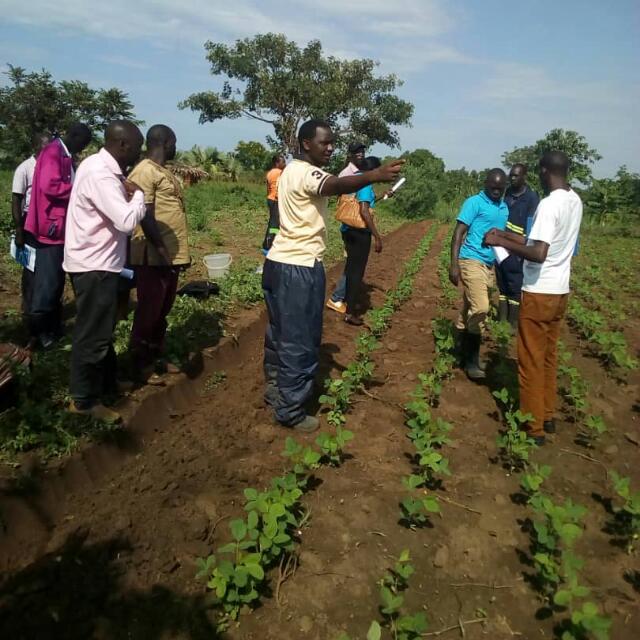
Mbeke Traders Ltd’s agronomists continue to train young fathers in different parts of Uganda to embrace row planting. Row planting as applied in conventional horizontal farming or gardening is a system of growing crops in linear pattern in at least one direction rather than planting without any distinct arrangement. It is practiced in most crops whether direct seeded, transplanted, or grown from vegetative planting materials, both in monocropping and multiple cropping.
Crops are planted in rows or straight lines, either singly or in multiple rows, mainly to enhance maximum yields as well as for convenience. An east-west row orientation is preferred to maximize light absorption, but this is not always possible. In many cases the topography that includes the shape, terrain and slope of the land, as well as the location of existing vegetation, roads, irrigation lines, buildings and physical barriers, dictate the row orientation.
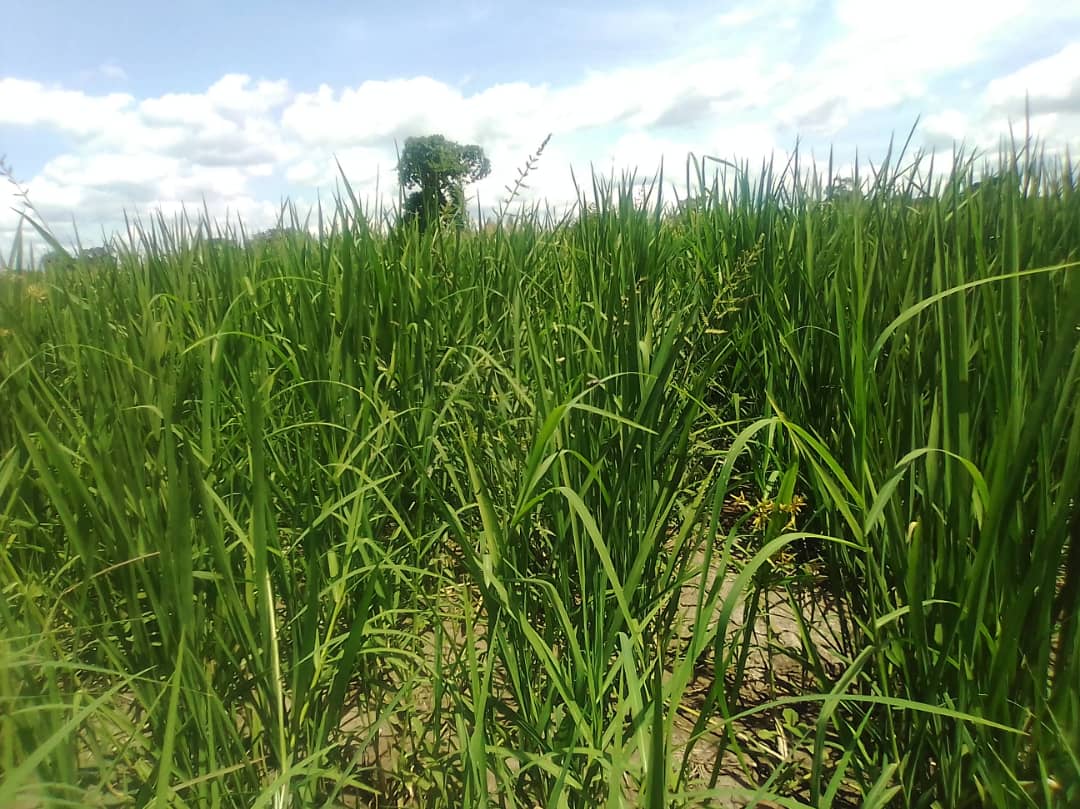
Rice is typically grown in bunded fields that are continuously flooded up to 7−10 days before harvest. Continuous flooding helps ensure sufficient water and control weeds. However, When rice fields experience heavy rainfall, freshly seeded fields tend to have poor distribution, germination, and emergence. This has not been the case for Mbeke Traders Limited has well guided its farmers in Eastern Uganda to perform surface seeding and ensure good field drainage soon after planting. By look of things, our rice farmers will be very happy at the time of harvest
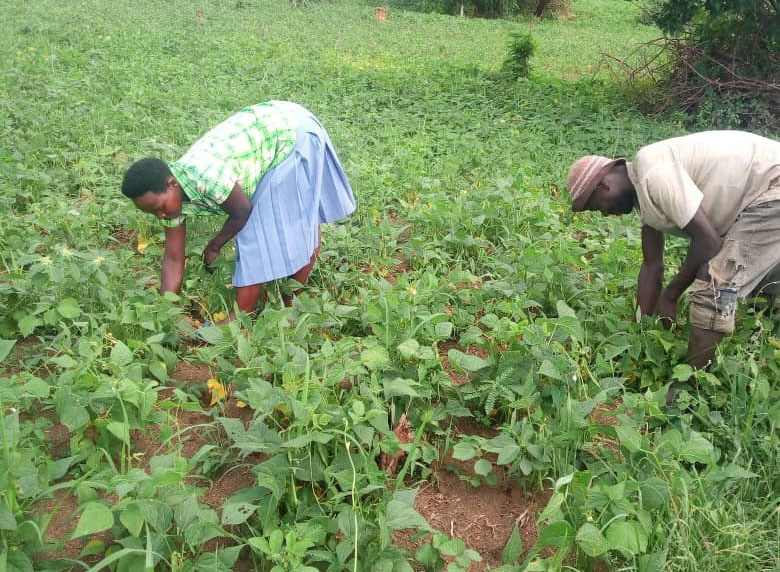
At crop harvest, easily uprooted weeds can contaminate the crop with soil and stones carried on their roots. Other weeds become entangled in the harvesting machinery. Berries, flower heads and seed capsules can contaminate the final product unless removed by flotation or by hand. It is very important that weeds in beans are well managed to maximize yields and ensure quality produce

Weeding beans is a vital practice as they are mostly affected by weeds. It should be done early to avoid knocking down the flowers and transmission of diseases like Anthracnose. Care should be taken not to disturb the roots of beans. Mbeke Traders’ team of Agronomists have already embarked on visiting farmers to advise them on how best they (farmers) can control weeds.
Weed control is important early in the season because;
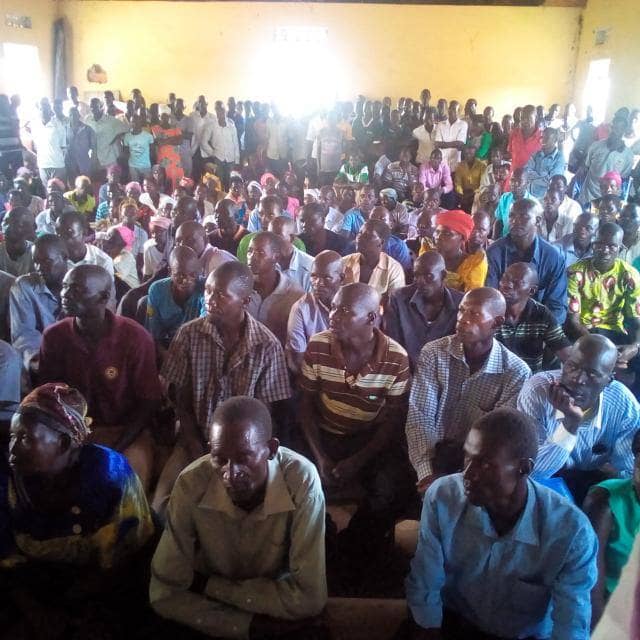
Spraying pesticides or herbicides on your fields is one of those jobs where the margin for error is pretty narrow, both in terms of accomplishing the mission and protecting neighboring fields. Mbeke Traders Ltd reaches its groups of farmers and train them at all stages of production.